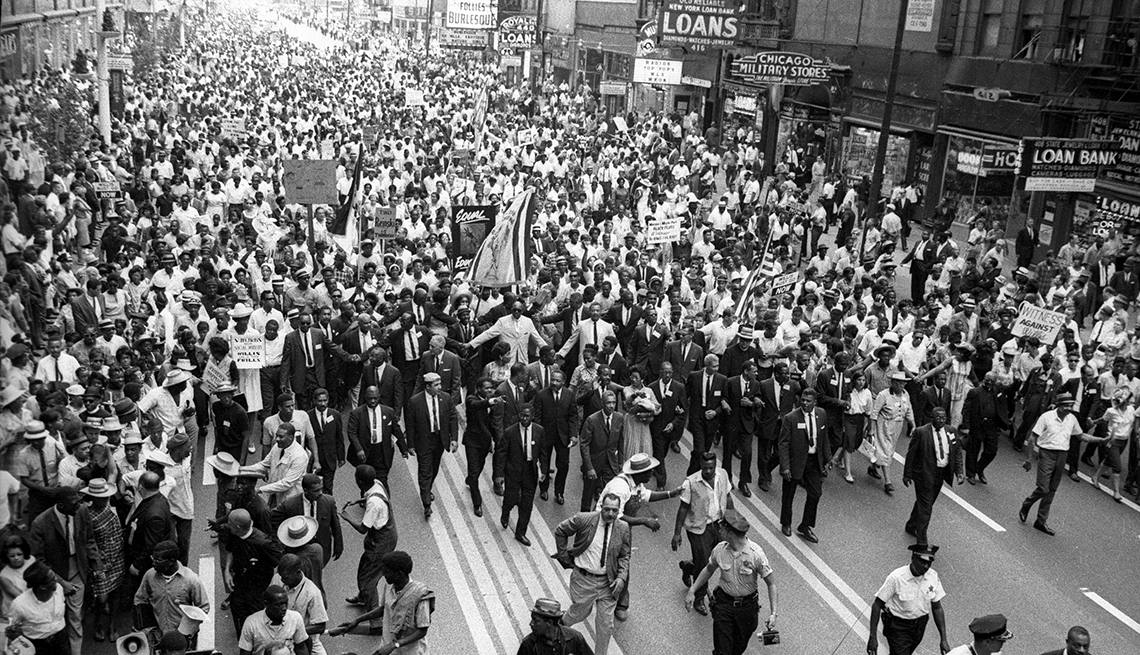From the socially aware “real life fiction” of Uncle Tom’s Cabin (Harriet Beecher Stowe, 1852), set deep in the American South ̶ with episodes that share a glimpse into the many injustices and atrocities committed in the name of slavery and the commodification and exploitation of black people ̶ to scenes of illicit love and passion between black and white in impressively prolific South African writer André Brink’s narratives that talk of racial conflict and discrimination while also paying tribute to the wide open spaces of Africa, its people, the full spectrum of colours of the landscape and the love between individuals yearning for societal inclusion and acceptance, to the sociopolitical texts by Booker and Nobel prize-winning J.M. Coetzee whose novel turned movie Disgrace (1999) about a South African professor’s fall from grace and the subsequent haunting vengeance, slowly cuts to the core and highlights the many complexities of contemporary society. Not to mention Alice Walker’s Pulitzer Prize award-winning The Colour Purple (1982) that throws us back into the 1930s and Deep South injustices; laying bare white appropriation and ill treatment of black, and likewise domestic abuse within the black family unit. The book made into a captivating and disturbing film under the skilful touch of Steven Spielberg is joined by other stories that have made it big either on the TV or silver screen; e.g., masterful tale of Civil War North and South ̶ spanning across consecutive eras and about black struggle and hope under the Emancipation Proclamation by Abraham Lincoln, and multi-award-winning 12 Years a Slave. Released in 2013, the film’s box office success reflects interests and concerns relating not only to the time period and lives it seeks to portray but also the validity of the story to this day: systemic racial abuse, the apparent superiority of white over black “for the sake of it”, and the ongoing struggles of one group being prejudiced against then and now.
“I could not comprehend the justice of that law, or that religion, which upholds or recognizes the principle of slavery”
Solomon Northup, Twelve Years a Slave
As we move from page to screen, from Apartheid to its official abolition in 1994, from the past to the present we expect things to be different, for evolution and positive development to have changed the World for the better. Nevertheless, as the media zooms in on the US today, with a White House that not long ago housed a black president and which, now under a new leader, must abide by moral and ethical standards, we are equally presented images and footage of deeds that highlight not yet eradicated, lingering racial prejudices – where members in authoritative functions often escalate the violence further. The arrest and subsequent drawn-out and abhorrent open murder of Mississippi resident George Floyd on Memorial Day has made particular recent headlines all over; a horrendous act triggering worldwide protests against racial prejudice and police brutality.

Thus, on reflection, it is clear that history repeats itself. There are cracks in a system that must be changed radically to work in favour of all, irrespective of colour, social class, or race. A person’s criminal history must be laid to rest once justice has been served unless there is a repeat of similar crimes. Officially gone are the days of slavery and Apartheid, but skin colour still dictates the treatment we receive. The moment has come for us to act as One, come together in the name of justice and equality for all, for us to look beyond surface appearance while at the same time we understand and learn to appreciate our inherent differences and always and without hesitation say no to violence in all shapes and forms.

